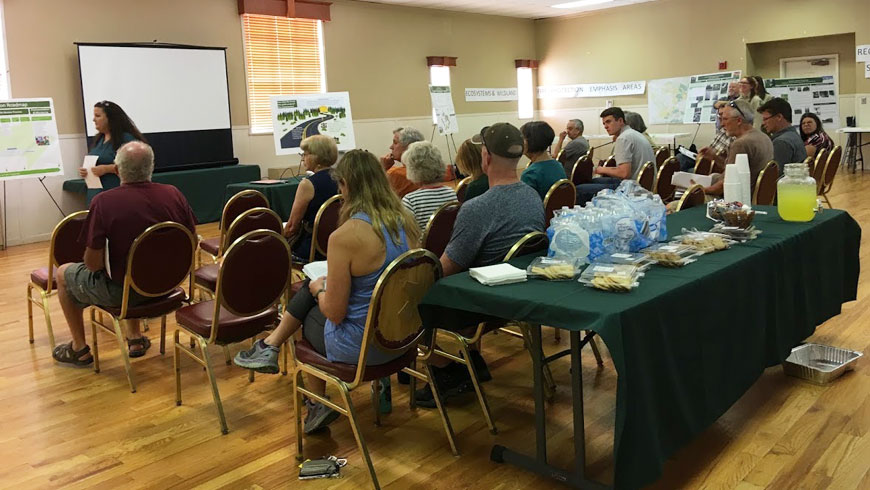

We closely watch each step of the federal land exchange process to ensure that the public agency is adhering to the laws and regulations governing its evaluation process and that the public interest is represented.
What is a land exchange?
Land exchanges are swaps of tracts of land between public agencies, or between public agencies and a private landowner or landowners. When a public land agency proposes a land exchange or sale, it is governed by statutes or regulations intended to protect the public interest. The National Environmental Policy Act (NEPA) provides strict guidelines for environmental analysis and disclosures as well as opportunities for citizen input on Federal land exchanges. The Federal Land Policy and Management Act (FLPMA) dictates that Bureau of Land Management, US Forest Service, and other Federal Land Management Agencies land exchanges must serve the public interest and yield equal value to both (or multiple) sides in the transaction.

We work to:
Track land exchanges.
Advocate for transparency in the land management decision making.
Make the land exchange process more user-friendly and understandable.
Get word out to increase awareness of land management decision making processes.
Promote the public process by encouraging and assisting in public access to information, input, review and comment.
Organize communities for meaningful public input.

We address public concerns around land policies and process including:
Loss of public access to public lands, especially through the elimination of small corridors of public lands.
Equal consideration of impacts, gains and losses to all public user groups.
Consideration of future maintenance and conservation objectives of both public and private lands involved.
Potential disparities in the appraised real estate values that the public agencies are using to evaluate the monetary aspects of the exchange.
Insufficient consideration of the net public benefits and the cumulative effects of a potential land exchange.